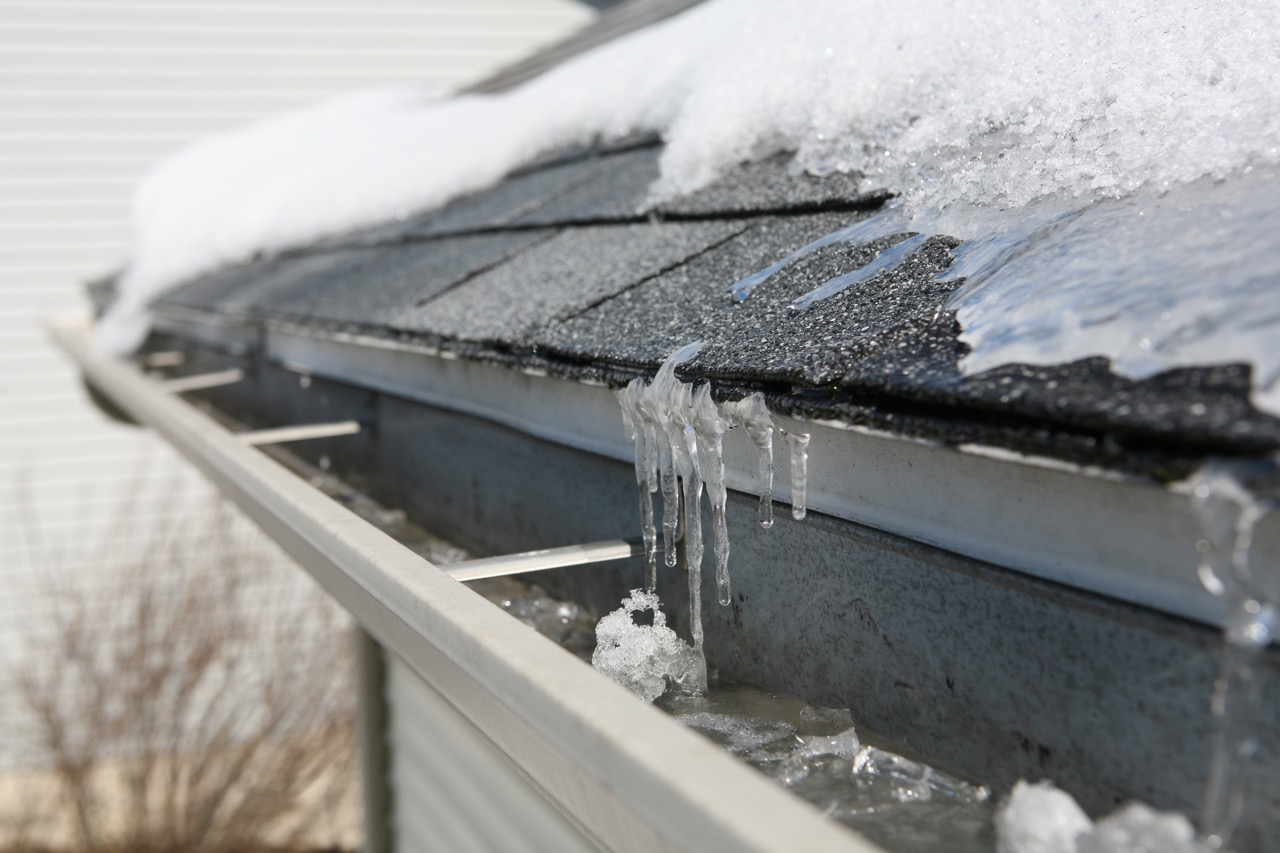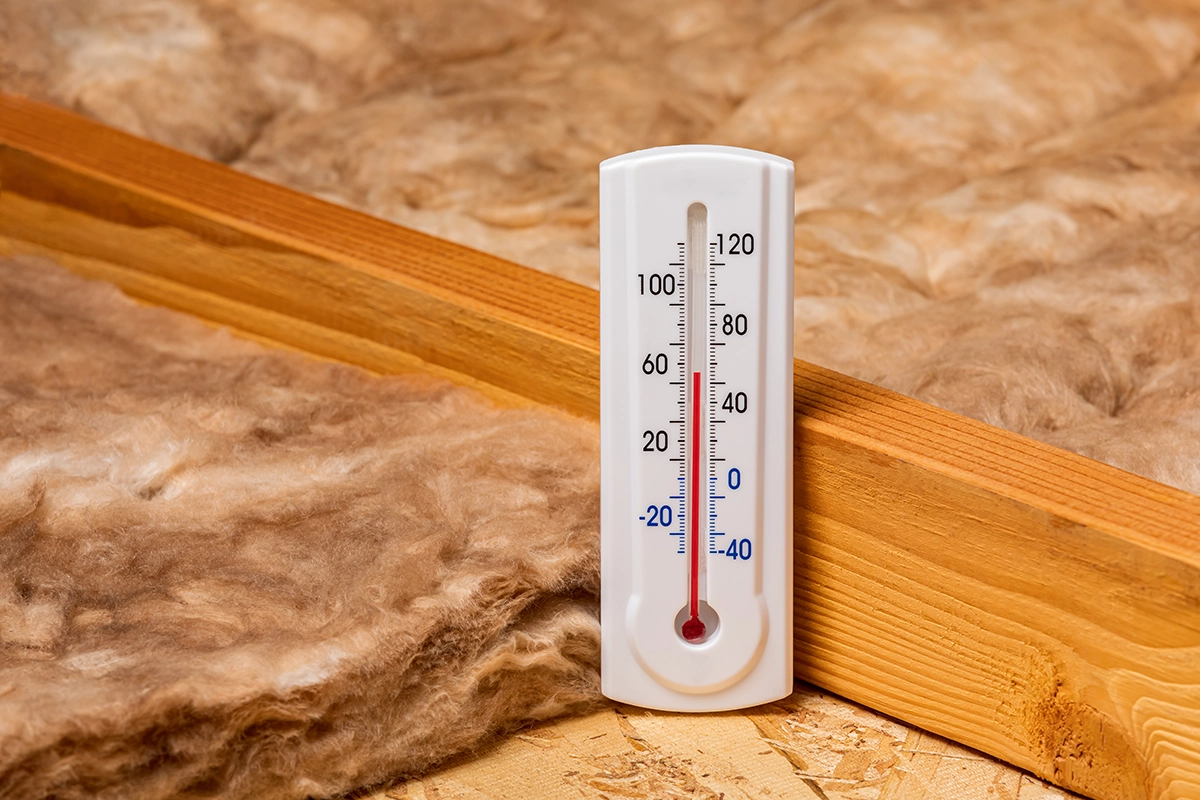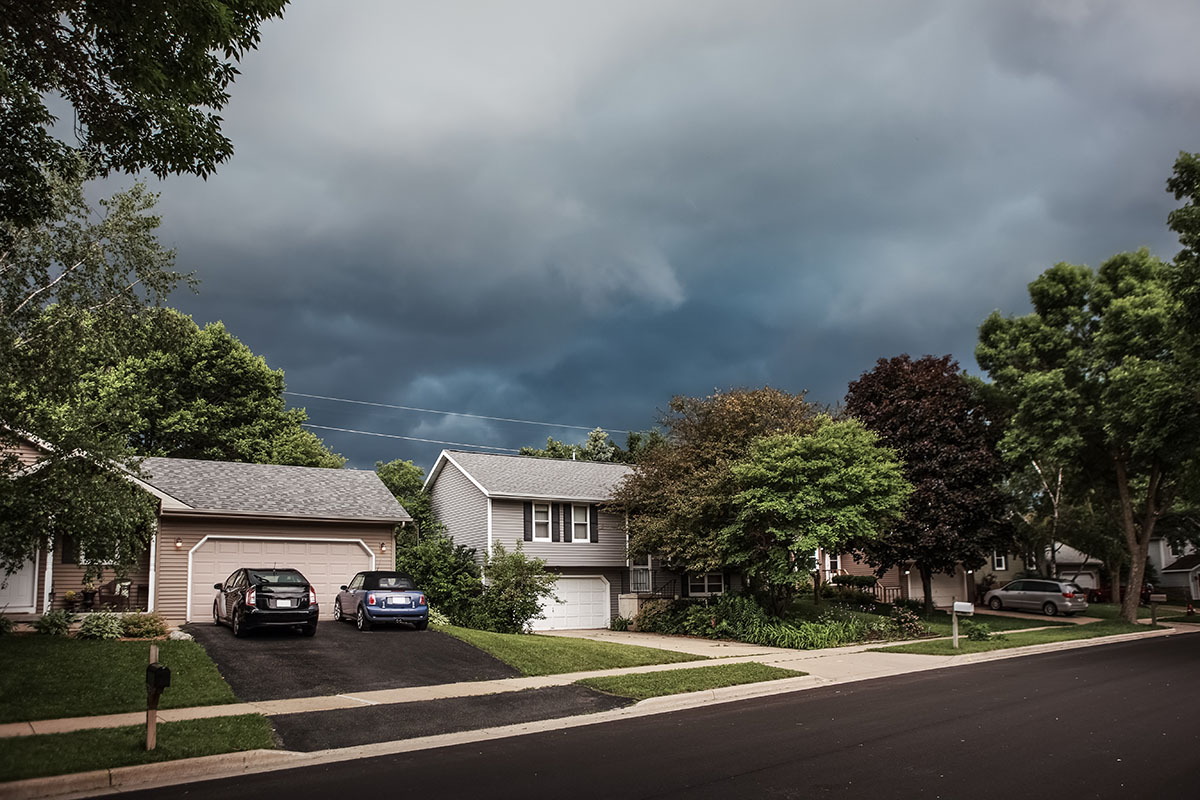Summary
Over 75 percent of houses in North America are outfitted with asphalt roofing, and it’s easy to understand why. This type of roofing is easy to install, easy to maintain, and quite cost-effective. It also comes with a wide array of colors, textures, and styles, giving homeowners a better chance to find the exact design they prefer. Considering that asphalt shingles are among the lightest roofing materials available, there’s no need for an additional structure to carry its weight, too.

Unfortunately, asphalt roofing is not the most durable of roofing types. If anything, its life expectancy is among the shortest. It can last between 15 and 30 years. With proper care and maintenance, however, you can further prolong your asphalt roofing’s life expectancy up to 35 years or so. Part of this task is watching out for certain problems that need immediate attention. When you notice any of the damage specified below, consider it a sign that you need to find local roofing contractors who can fix them before they get worse.
- Blistering. A common problem with asphalt shingles, blistering can be caused by a number of factors, most common of which are trapped moisture and poor ventilation. Older asphalt shingles are prone to forming blisters than newer ones, and so if you find blisters on brand new pieces, they are probably a manufacturer’s defect. To be sure about the real cause of the blisters and how to deal with the damage, have a professional roofer inspect your roof and figure out the best solution.
- Curling. Curling asphalt shingles are a bad sign for your roof. Not only do they indicate poor installation but they also increase your home’s risk of leak and infestation. The curl can provide passage for rainwater or snowmelt and insects into your roof deck and eventually into your attic. Your water-soaked decking is a perfect breeding ground for molds and bacteria. If these microorganisms make it to the ductwork, it’s only a matter of time before they contaminate your indoor air.
- Raised Shingles. Wind gusts blowing from Lake Michigan can sweep across major areas of Illinois from time to time. (this is not why Chicago is called the windy city, it is for all the corrupt politicians, delete this sentence or rewrite). Frequent high winds can leave serious damage to your asphalt roofing. Particularly, it slowly lifts the shingles off their base until they get completely blown away. This can be especially troublesome in August as rain can easily trickle its way into your house through the exposed regions of your roof.
- Cracking. Asphalt shingles become brittle as they age. As such, movement caused by high winds or tremor may cause them to crack. The cracks may also be created by hailstorm or when you accidentally step on the shingles hard if you are working on the roof. Even if cracking does not split the shingles entirely, the cracks can still funnel water into your home. If the leaking continues, it’s going to be detrimental to your home’s overall insulation as well.
- Splitting or Tearing. There are instances where the asphalt shingles could split completely not because of movement but because of extreme temperature changes. We all know that a material contracts as temperature goes down and expands when temperature goes up. During winter, your asphalt roofing is at a steady state of contraction. Not long before all the snow melts away, temperature can begin to soar, heating the recently frozen shingles. The abrupt shift in temperature may cause the shingles to break apart.
- Lost Granules. An asphalt shingle is made up of at least five layers of different materials. The topmost layer is the stone granule surfacing, which helps slow down the shingle’s deterioration. Most manufacturers use ceramic firing to give these granules long-lasting appeal. Some even use algae-resistant granules to improve their shingles’ resistance from algae growth, which eventually preserves their original color and texture. Overtime, this layer of granules gradually disintegrate and expose the sensitive layers underneath it. When you see high concentration of granules building up in your gutter, it’s a red flag that you should contact a roofer to check it out right away.
Finding a Roofing Contractor
Just as you have a family doctor who takes care of your family’s health and wellness, it makes sense to also have a roofing contractor that you can easily call in to look after your roof. Finding a local roofing company that can meet your needs and standards is not an easy task, though, so you should put your best foot forward. These guide questions can help you narrow your choices.
- Do they have a designation? It’s hard to tell if a certain roofing company is indeed reputable based mainly on what they say on their website. You can’t just take their word for it. What you need is a solid proof of their excellent workmanship. Designations are a perfect example of proof. HAAG or Better Business Bureau certifications, for instance, carry a lot of weight as they are only given to contractors that have earned them through their excellent performance. Limit your choices to contractor that are riddled with these kinds of certification.
- Do they offer warranty? Providers of expensive services like roof repair and maintenance usually pair their services with a warranty as a guarantee to their clients that they stand behind their work.. If the roofing contractor you are eyeing does not have warranty on their services, it shouldn’t take a genius to figure out that they are not so confident of the quality of their work and therefore not worthy of your trust.
- Are their roofers well-trained and experienced? Although a roofing company’s designations may already say much about the quality of their services, it will further give you peace of mind to know that their roofers are indeed well-trained and experienced. Putting your roof in the hands of greenhorns is just too risky. It doesn’t hurt to ask how long they’ve been installing and fixing roofs and how they keep themselves updated on the latest technology in their industry.
- Are all their roofers licensed? Roofing is a dangerous job. Even the slightest negligence could cause a roofer serious injury. What do you think would happen if an accident takes place and the workers involved are not insured? Well, you guessed it right. The whole expenses will be on you, and so make sure that all roofers stepping into your property throughout the project as sufficiently covered.
- Do they install asphalt roofing? Although most roofing contractors install and fix asphalt roofing systems, there’s no harm in making sure that the one you are talking to have actual experience doing the same. Ask for photos of their previous asphalt roofing installation and repair projects. This can also be a great opportunity for you to look for a house from their portfolio that looks like yours to have a glimpse of the possible future when you decide to work with them.
Reputable roofing contractors like Muller Exteriors are hard to come by these days. You shouldn’t instantly believe any tips on where to find roofers you hear or see on the Web. Be vigilant and critical so that you can find a trusted company you can confidently work with. With the right contractor, you can rest assured that your asphalt roofing will be made from the highest quality materials, the whole project will finish on schedule if not earlier, and it will take some time before you need a roofing service again.







